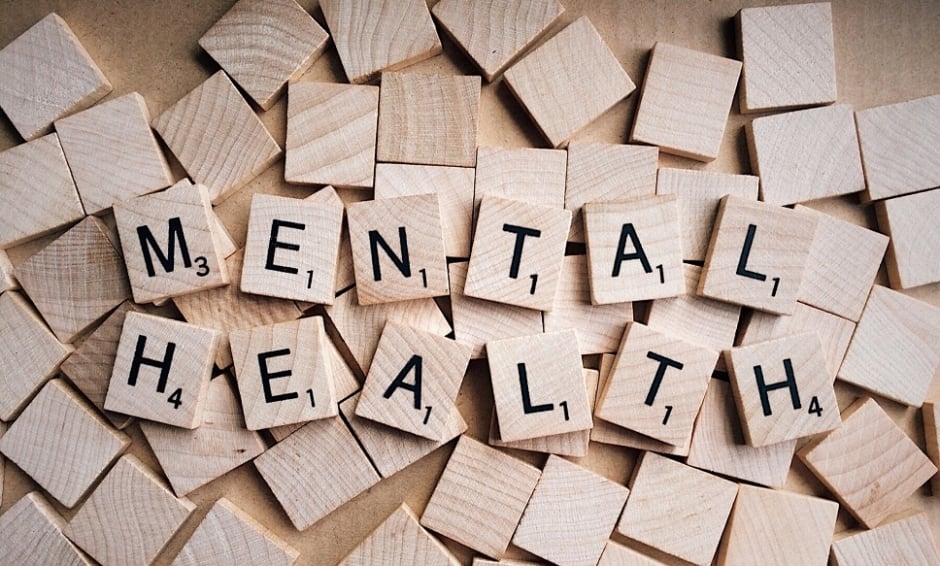According to recent headlines, mental health education should also be taught in schools. The recent debate has been sparked by a petition spearheaded by Headucation UK, revealing that one in every three children in a classroom suffer from mental health disorders and most of these suffer silently. Without treatment, early-age mental illness and disorders can have a massive impact on young people’s lives.
In addition to this, according to NHS data in 2014,1 figures were published revealing that there has been a 70% increase in 10 – 14 year olds attending A&E for self-harm related reasons over the preceding 2 years.
Through a Q&A, we spoke to Samantha Francis of Find a Balance to find out to what scale mental health should be part of education and how it should be addressed. Samantha personally experienced the lack of education in mental health awareness when her son underwent a period of psychosis in 2015. She highlights that the time to start educating young people is through primary and secondary education, where health and well-being should be regarded just as importantly as going to school.
- If mental health education was introduced into schools, how often do you think it should be taught?
Mental health education should be introduced to children in schools as young as Year One, and lessons should be tailored to the specific age groups on a regular basis, ideally and at least once a fortnight. This would raise awareness of the emotions that children are feeling and to promote the concept of reaching out and speaking to someone. Sometimes children and also their parents can misread a child’s behaviour, so having these lessons would improve children’s awareness and understanding of mental health.
- How would you teach mental health education to a young child and what methods would you use?
Find a Balance has created a PowerPoint presentation for children of primary and secondary schools, which we plan to trial in a pilot scheme to assess its effectiveness. It is really important to use language that children will also relate to and ensure the message is understood with the help of visual content and using lighter, conversational language, for example, the use of particular key words and emotive language in the context of mental illness, depression, anxiety and anger.
- What would be the overall benefits of teaching mental health to children and what age groups do you think it should be taught from?
You have children as young as five suffering with mental illnesses, so teaching mental health to children of all ages and backgrounds would raise awareness and normalise the common disorder since it will be discussed more openly. In the long run, the education of mental health amongst young children in schools would also help to address the stigma in mental health and especially within Black, Asian Minority Ethnic (BAME) groups where mental health issues are considered more like an illness.
- How do you tackle mental health education in a school where its pupils are culturally and socio-economically diverse?
One of the ways to tackle this situation is to work with organisations like Find A Balance, which specialises in working with BAMEs from different communities. Areas that are more deprived and less economically developed are more at risk, so services like these do have a massive impact, not just on young people’s mental health, but to all the residents living in the area. Young people feel more confident when communicating with others that they can identify with, and especially in grass root communities. This is why we tend to see young people less inclined to engage with existing organisations, and this is why they are more prone to suffering in silence until their health is seriously deteriorated. In the worst cases, individuals from these backgrounds are more likely to be detained and sectioned under the Mental Health Act, or even take their own lives. This is why teaching mental health to people from a young age and making it compulsory in schools would be a very life-changing transformation for anybody suffering from mental health disorders.
References
Media Contact
Juliet Francis PR
Emily Hoang
Email: [email protected]
Tel: 07515 060 228








